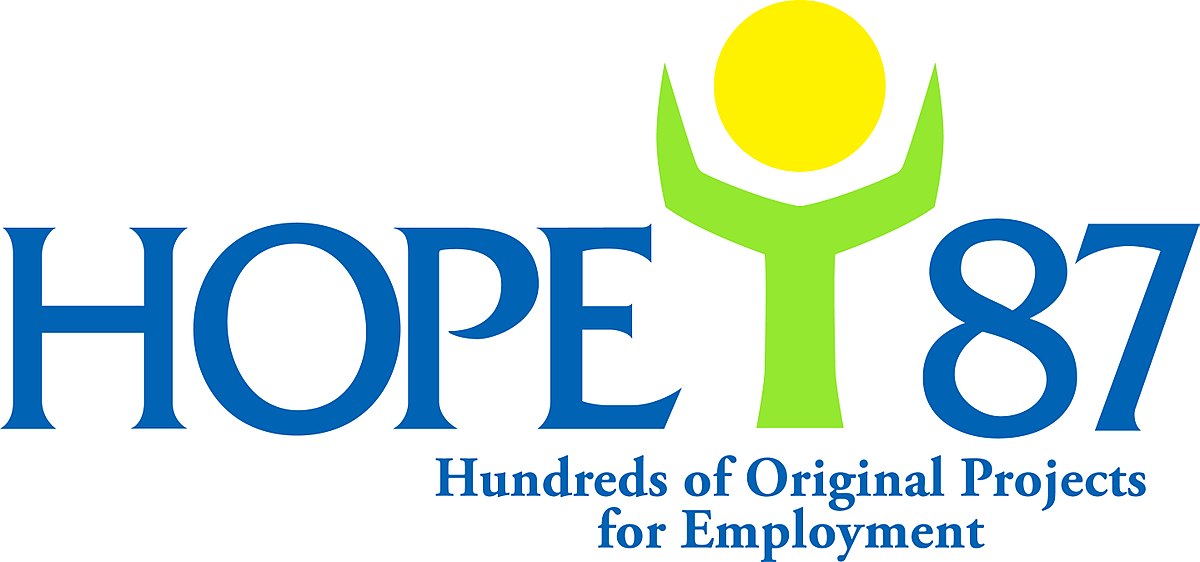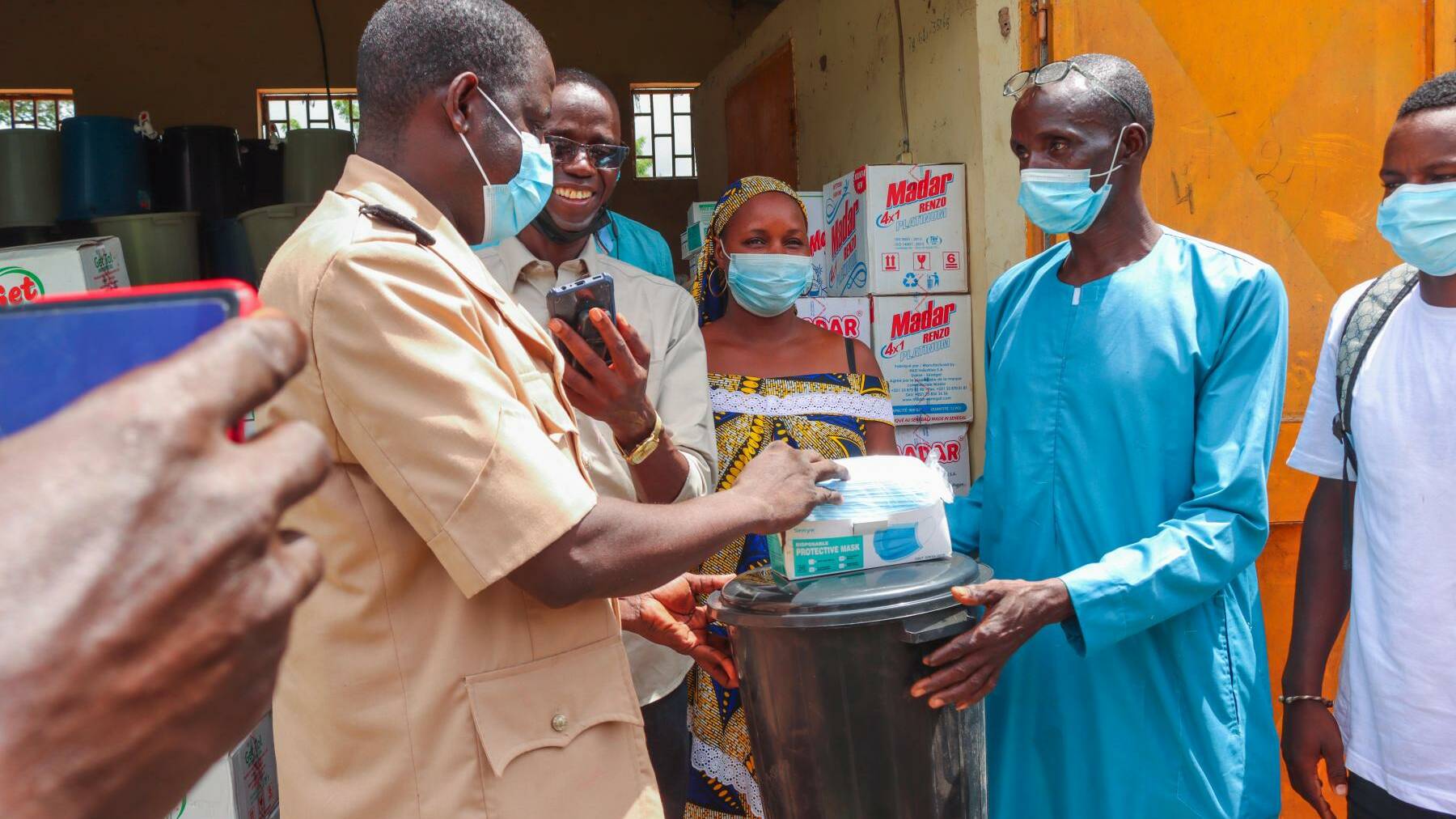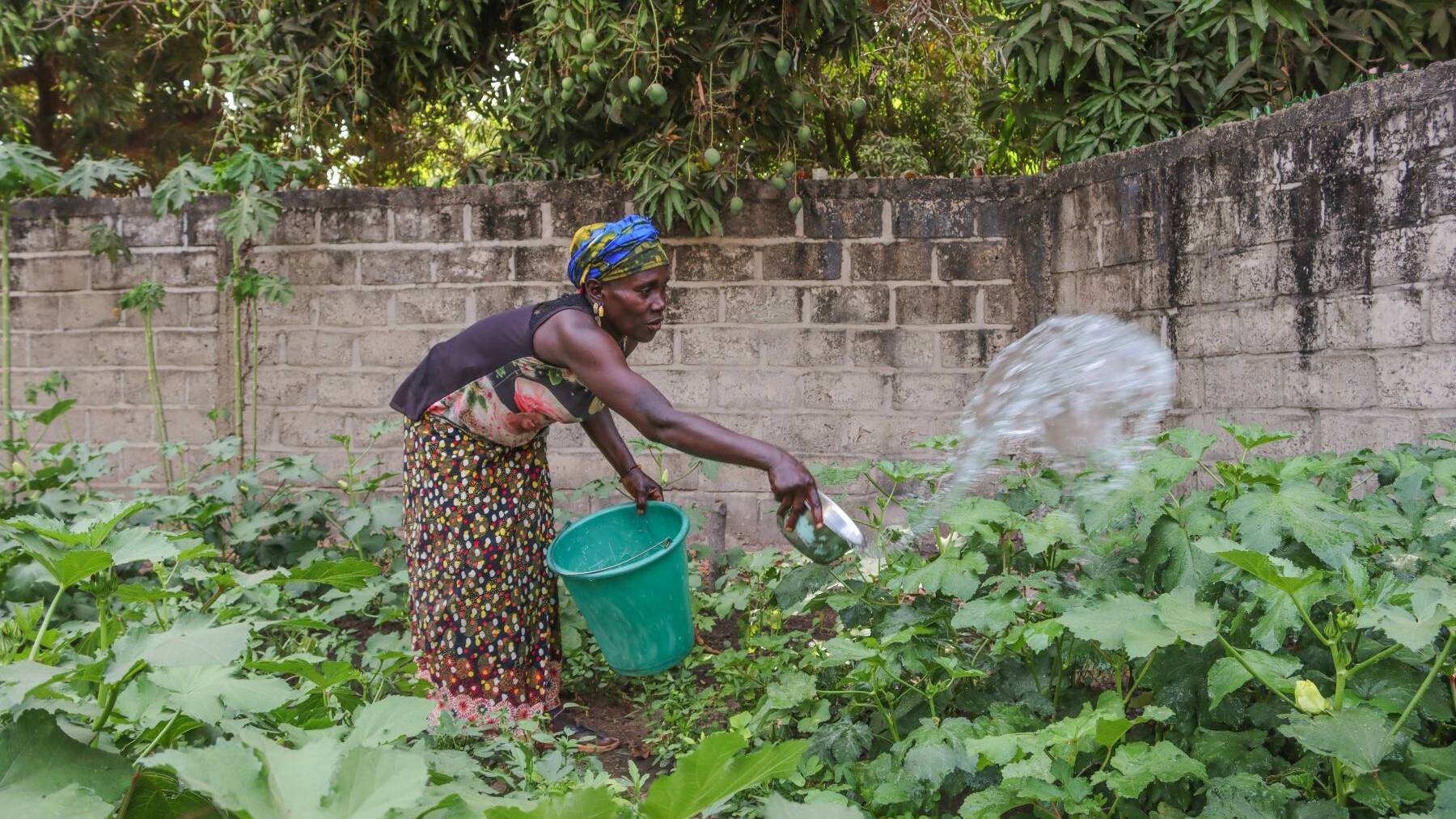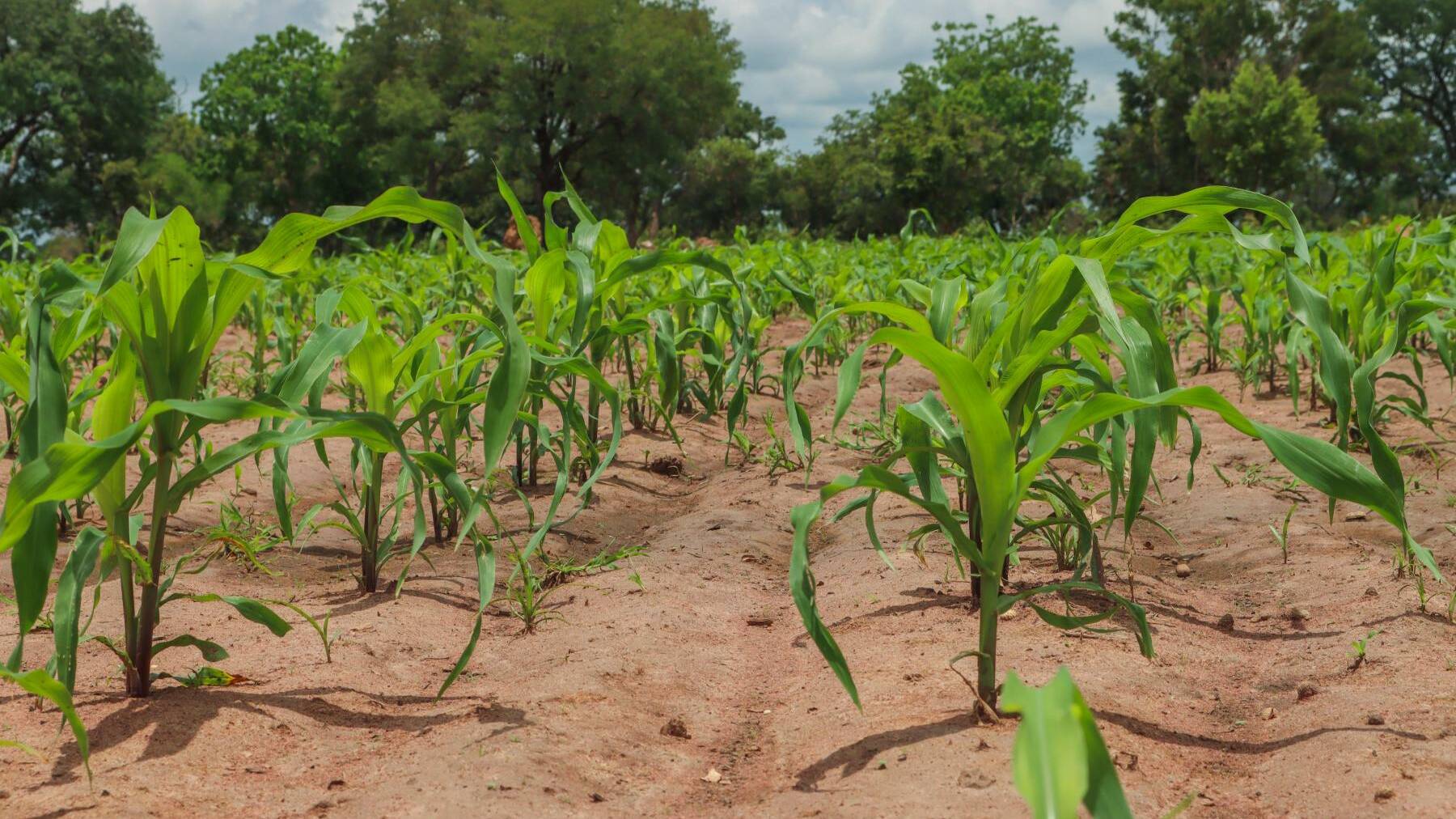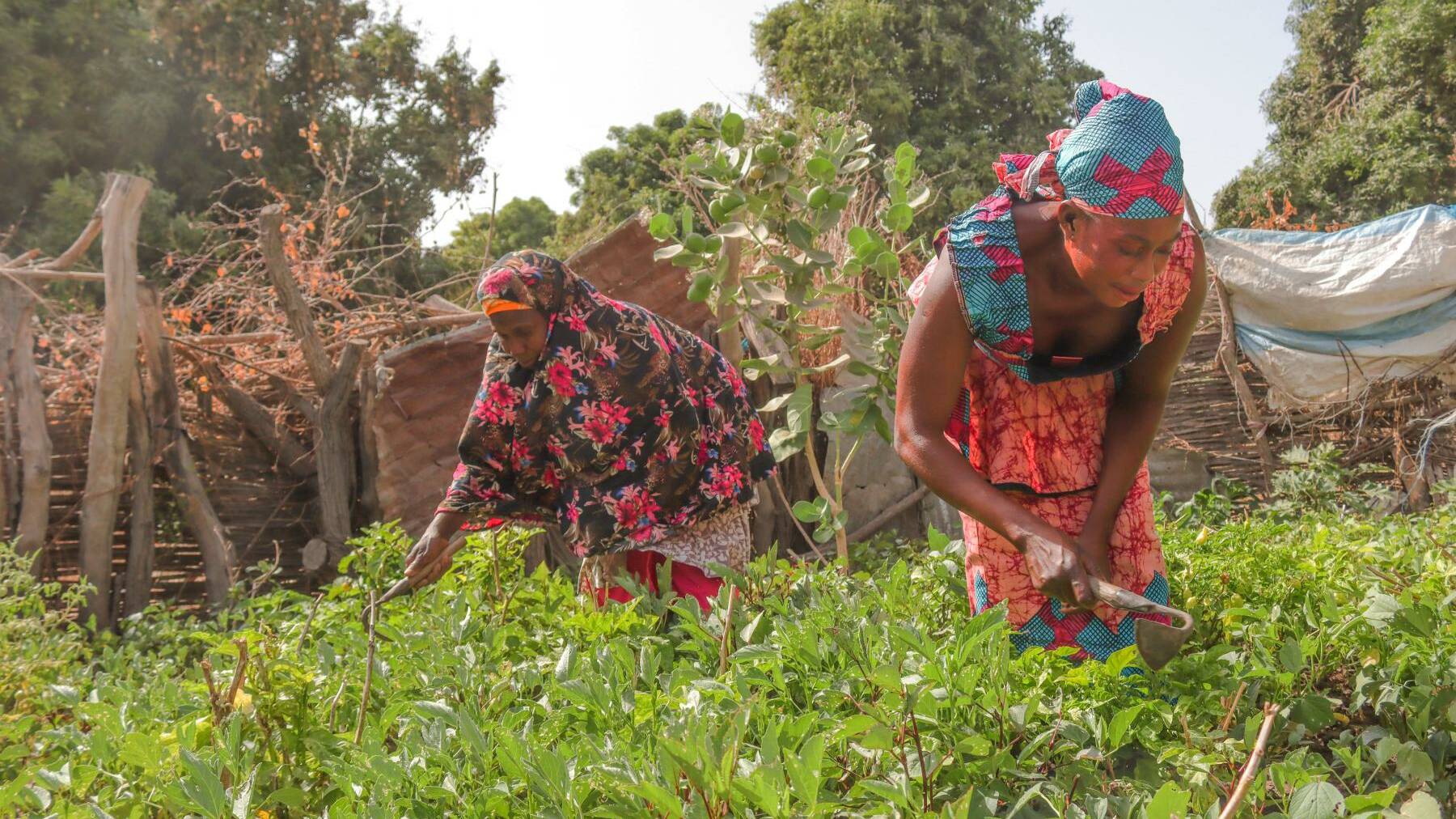On January 24th, we celebrated the International Day of Education in order to highlight the role of education for peace and development.
Education is a human right, a public good and responsibility as well as key to sustainable development. Sustainable Development Goal 4, in particular, aims to “ensure inclusive and equitable quality education and promote lifelong learning opportunities for all” by 2030.
Education is also crucial to give every child a better future and offers them a way out of poverty. However, about 258 million children and adolescents around the world do not have the opportunity to enter or complete school; 617 million children and adolescents cannot read and do basic math and some four million children and youth refugees are out of school.
Without inclusive and equitable quality education and lifelong opportunities for all, countries will not succeed in achieving gender equality and breaking the cycle of poverty that is leaving millions of children, youth and adults behind.
Thus, HOPE’87 has set itself the goal to promote education projects in order to counter the global problem of youth unemployment and its political, economic and social consequences.
HOPE’87 has joined forces with six other Austrian NGOs – CARITAS Austria, the Red Cross, Light for the World, Horizont3000, Jugend Eine Welt and ICEP – to develop a programme covering interventions in Burkina Faso and Senegal. It focuses on strengthening the resilience of vulnerable people in West Africa in the face of the COVID-19 pandemic.
The collaboration emphasises the complementarity and expertise of each actor in the different sectors of WASH, health, livelihoods, food security and training skills to best meet the needs of the people. Particular attention is paid to the humanitarian-development nexus, which combines humanitarian interventions with medium and long-term actions.
In this context, HOPE’87 helps develop and strengthen the creation and management of agricultural areas and provides technical support to farmers in order to reduce their production costs with the help of the provision of agricultural inputs. An additional focus lies on mothers and young children and their specific nutritional needs, so that a total of 11,000 people will be benefitting from the action.
Take a look at our pictures!
